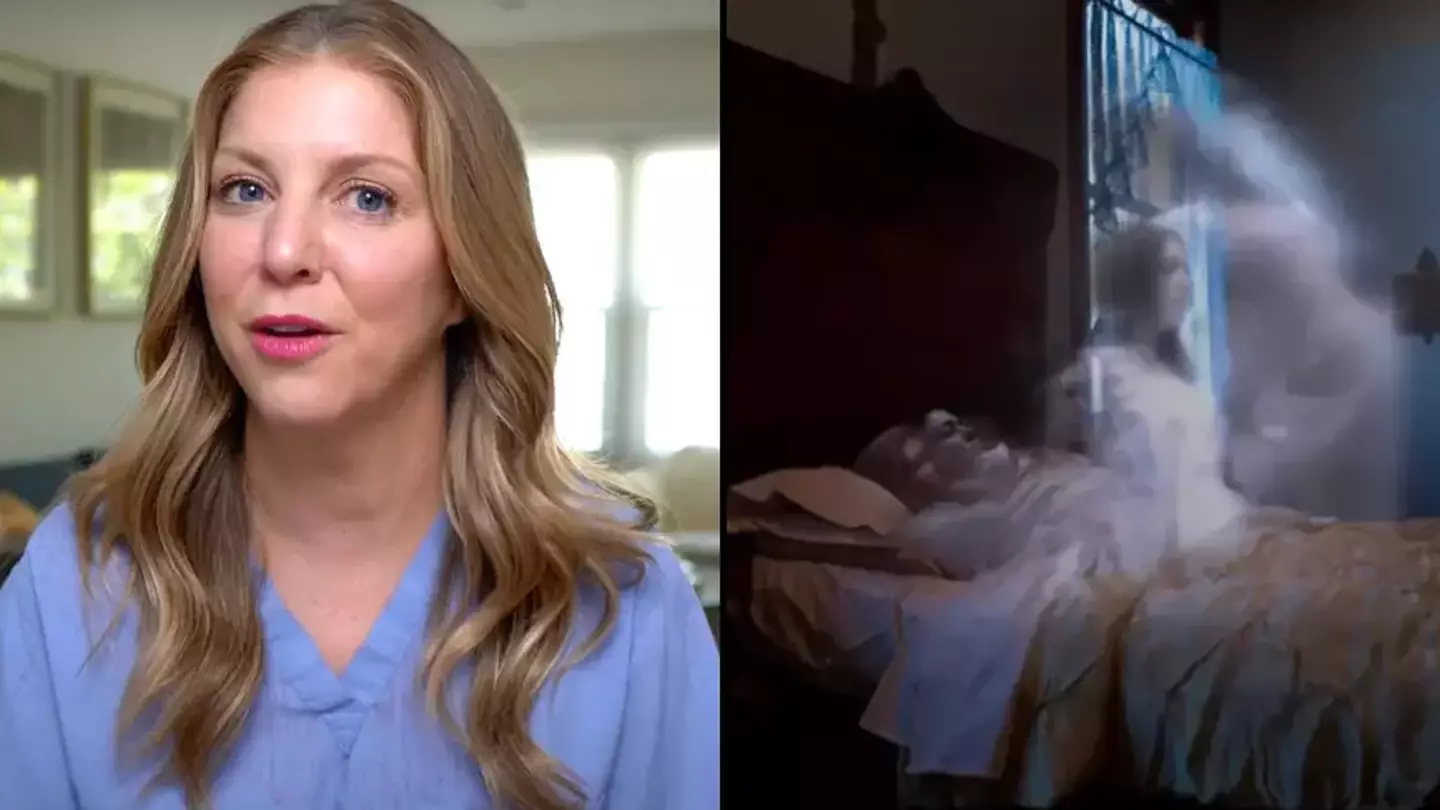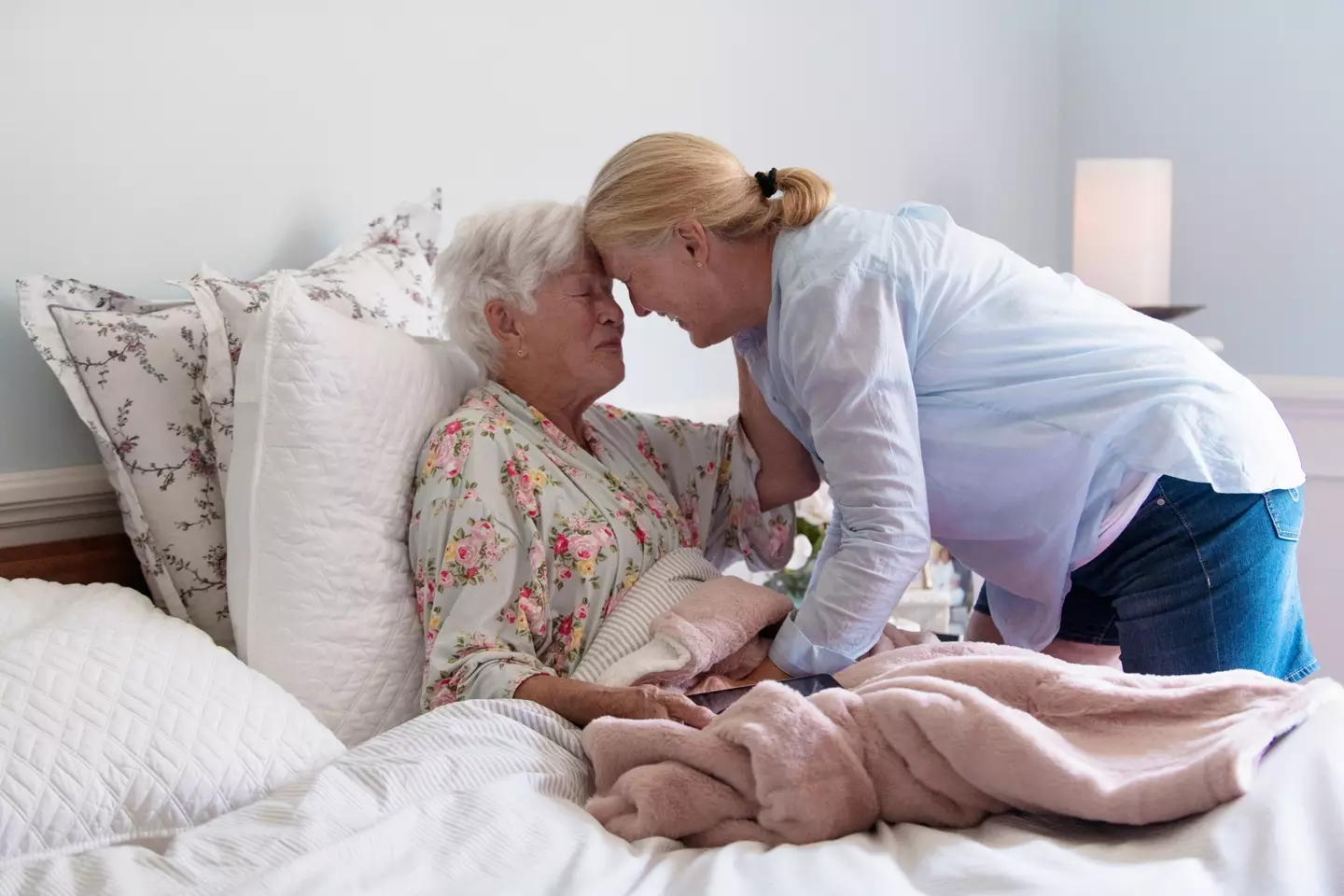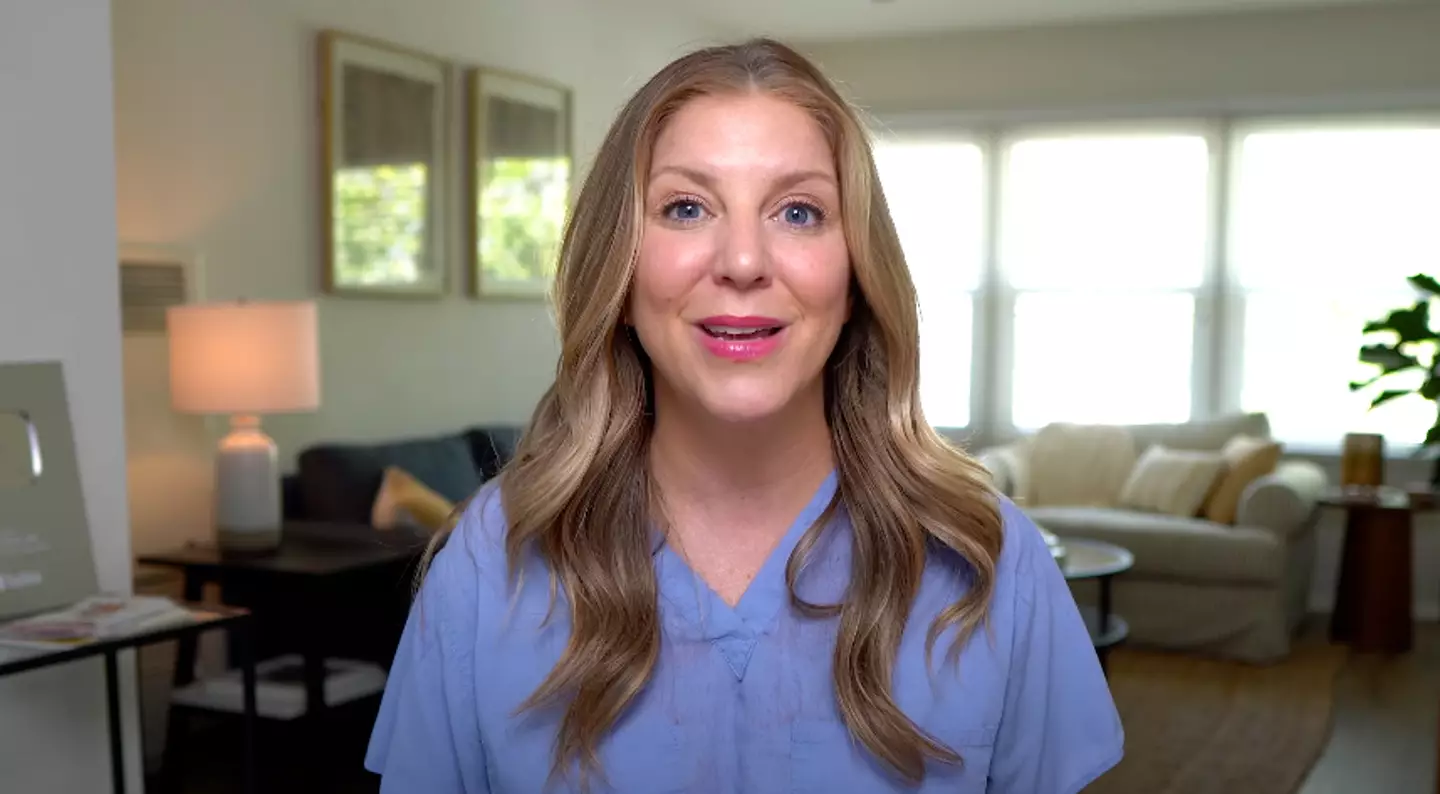
A hospice nurse has revealed what you should do if you hear a noise which indicates someone has less than 24 hours to live.
Nothing hurts more than watching a loved one slowly wither away, with your last moments together being the most precious.
And when a person is just hours away from the end of their life, sometimes they will make a noise which sounds very scary if you don’t know what it is.
Thankfully, nurse Julie McFadden is here to reassure you that the sound – known as the ‘death rattle’ – is completely normal

A hospice nurse has explained what you should do if you hear a noise which means someone has less than 24 hours left to live (Getty Stock Images)
What is the ‘death rattle’?
Taking to her YouTube channel Hospice Nurse Julie, the 42-year-old from California, US, has explained what the death rattle is, and why it usually happens 24 hours before someone dies.
“It’s actually called terminal secretions. Many people think that the sound that they’re hearing at the end of their loved one’s life is coming from the lungs,” she said in a video from last year.
“So many people think their loved one’s drowning or this must be really hard for them, when, in reality, all it is is a little bit of secretion that is building up in their loved one’s mouth.
“Now, why is this happening? It’s happening because all of us are creating saliva throughout the day, and we’re unconsciously swallowing it all day long, just like right now.
“But at the end of life, our mouths are still creating saliva, which is good because it’s keeping the mouth moist, but our brain is no longer having us swallow that saliva, so it’s collecting a little bit in the mouth.”
What does the ‘death rattle’ sound like?

Hospice nurse Julie McFadden has revealed what to do when you hear the death rattle (YouTube/Hospice Nurse Julie)
The death rattle happens to be a very distinctive sound, which is sometimes difficult to identify.
When someone breathes, and the saliva builds up in their mouth, they make a ‘crackling, wet noise’.
It basically makes a gurgling or snoring sound that gets progressively louder as breathing becomes more irregular.
“And then with each breath, it’s causing a gurgling sound because the breath is going over the saliva,” McFadden added.
What can we do about the ‘death rattle?’
Although it sounds awful, the nurse said it’s ‘no big deal’ and that there are ‘things we can do’.
“Positioning can help. So having your loved one sit up, or even turning your loved one over so the saliva comes out, or medication we can always give to dry the mouth out,” she said.
“I’m not particularly into the medication, because I feel like then it gives the loved one dry mouth, but it is something we can do if it’s really bothering the family.”
Featured Image Credit: YouTube/Hospice Nurse Julie/Getty Stock Images
Topics: Health


